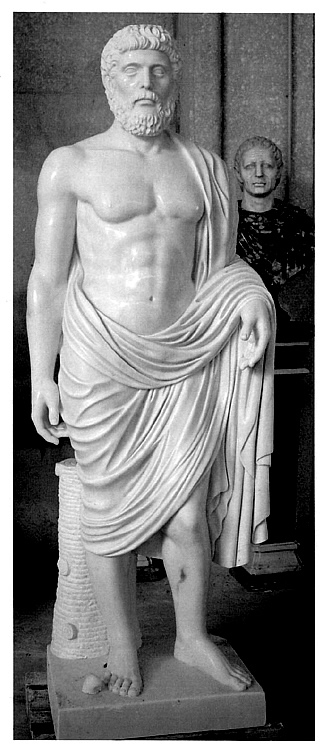The action of uke is called "taking ukemi," literally "receiving body"; the uke is the receiver. "[Ukemi]... is the art of knowing how to respond correctly to an attack and often incorporates skills to allow one to do so safely." (Shamelessly taken from this Wiki article.) The uke receives whatever force or manipulation the tori gives, and reacts in such a way to keep himself/herself safe. I've heard it said before that the goal of an uke is to survive.
But surviving is not his only job. Remember, this is a partnership, not a strict "my turn, your turn" thing. The uke learns to protect himself as much as possible when he gets thrown or twisted or joint-locked, but the tori needs to learn how to do those things on someone who's actually there. By that I mean, you need to be there mentally; when push comes to shove and the pressure is on, people do what they've practiced. And if your tori has spent all his time practicing on an overly cooperative uke, he'll be at a disadvantage when his attacks and blocks don't work like they did in the dojo. On the other hand, a completely uncooperative uke will slow him down from learning the point of each movement he's studying, because you aren't moving!
 |
| Omote gyaku on this guy? Not gonna happen. |
Being limp or being a statue is not what the role requires. The role requires you to help your partner train for reality, which means you must try your best to act and react as realistically as possible. Why are you grabbing here and not there? For a push, a pull, a throw, maybe preparing for a punch? Keep that intention in mind and move as slowly as your partner needs, but don't forget what your purpose for the attack is. Even when they start applying the technique, don't forget what your role is. Say he starts going for an omote - would you just let him do that? It's pretty obvious he's trying to do something. I wouldn't just let someone torque my wrist; I would try to stop it, probably by tensing those muscles. The uke needs to think of these things during training. Going slowly does make that more difficult, because it's not as natural as a faster speed. Just try to remember that fast is only slow sped up, and act accordingly.
The uke needs to be able to judge what level of cooperation to give his tori for the sake of learning a new technique (while not being a ragdoll or a statue). One partner might need more time going through each step slowly with little resistance, and another partner might grasp the mechanics more quickly, allowing the uke to make things more [realistically] difficult.
Both of you are learning, though on slightly different planes. The tori is learning on the physical level: the uke assists him by allowing himself to basically be a guinea pig and by playing as realistic a role as he can while preserving the safety of both. The uke is learning somewhat on the physical level - experiencing what different movements do and how things feel is very educational, if you pay attention - but mostly on whatever level the self resides on (spiritual? mental? emotional? I'm not sure). It takes humility to continuously project the appropriate intent and end up in pain or on the ground (or both) every time and maintain a grateful, helpful attitude. If your ego is in the way, it becomes less of a partnership and more of a contest. Maybe that's why we say "onegaishimasu" ("please instruct me") and bow when we pair off - that simple action helps remind us that we are learning together and helping one another.
If you have any questions, comments, or stories, I encourage you to leave them below.
No comments:
Post a Comment